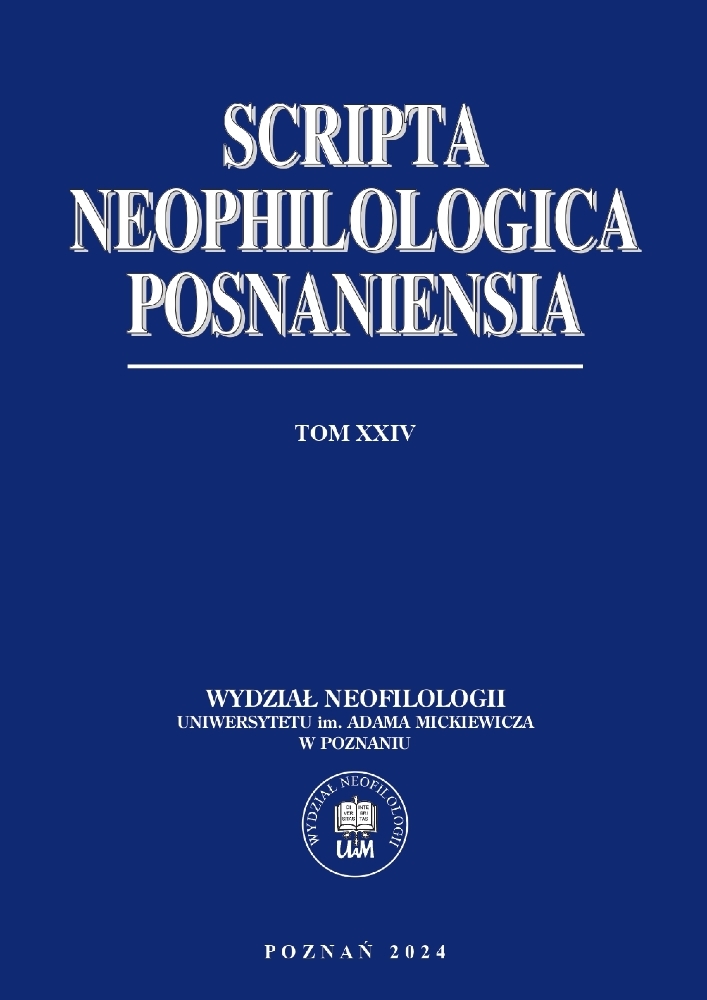Abstract
The evolution of Polish neophilology is briefly discussed. It is presented here on the basis of the premise that Polish neophilological studies underwent gradual changes, starting from the orthodox bulk comprising linguistics-lietarature-methods of second/foreign language teaching (also termed ‘glottodidactics’, after Profesor Ludwik Zabrocki’s seminal contribution to the field), later extended to the fourth component of ‘translatology’. This initial and orthodox four-element system of Polish philology was primarily and mainly addressed to prospective teachers of foreign languages. Only later, owing to dynamic changes taking place across the world and in the European community, in particular, did the orthodox shape of Polish philology start to change, while attempting to accommodate the diversified needs of a rapidly growing group of recipients of neophilological education who were seeking non-teaching communicative competencies. These changes are currently taking place in Poland much in accord with what has been taking place in the European foreign language teaching institutions (e.g. European Centre for Modern Languages of the Council of Europe, ECML) which have been focusing their attention on the development of the communicators’ general communicative fitness in the plurilingual/multilingual and multicultural contexts.
References
Puppel, S. (1995). Memorandum w sprawie przyszłości studiów neofilologicznych w Polsce. W: I ogólnopolskie forum neofilologów (ss. 13-20). Poznań.
Puppel, S. (2000). Jaka jesteś polska neofilologio obca AD 2000 i dokąd zmierzasz? Scripta Neophilologica Posnaniensia, 2, 275-291.
Puppel, S. (2019). Krótki zarys ewolucji filologii: ujęcie ‘portalowe’. Scripta Neophilologica Posnaniensia, 19, 143-169. DOI: https://doi.org/10.14746/snp.2019.19.12
License
Copyright (c) 2024 Stanisław Puppel

This work is licensed under a Creative Commons Attribution-NoDerivatives 4.0 International License.

